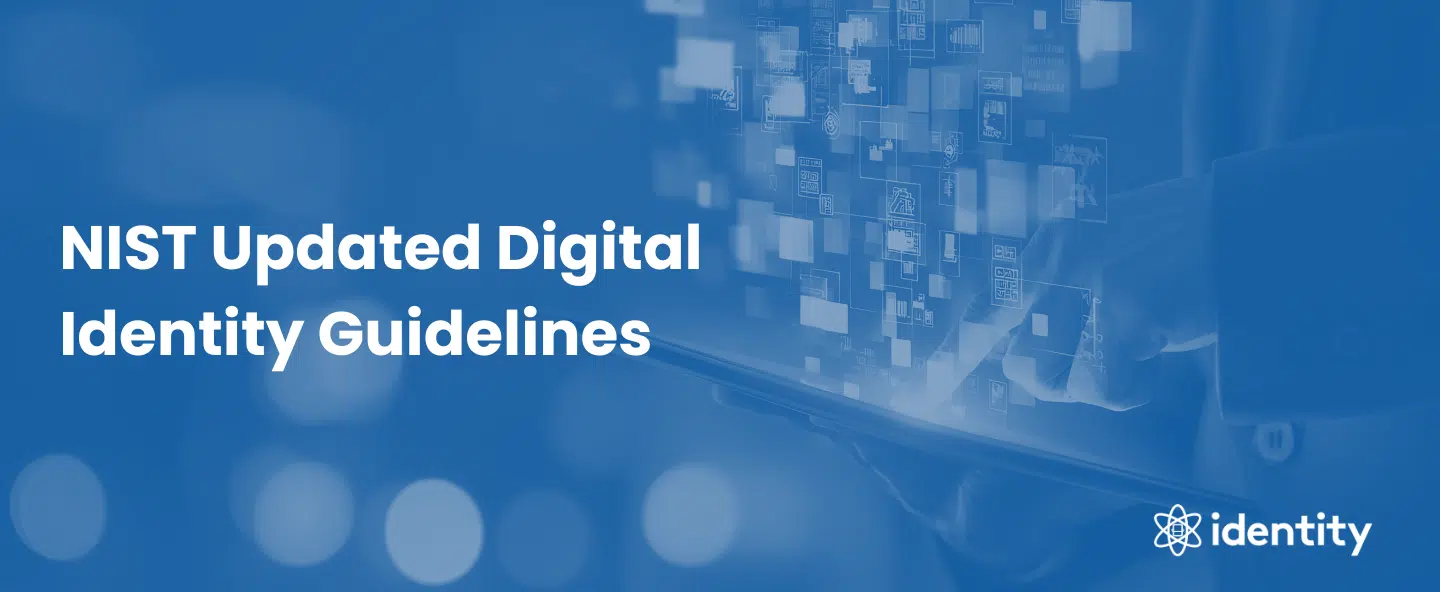
Breaking Down NIST’s Updated Digital Identity Guidelines
Why NIST’s Updates Matter Now The National Institute of Standards and Technology (NIST) has released Revision 4 of its Special

Why NIST’s Updates Matter Now The National Institute of Standards and Technology (NIST) has released Revision 4 of its Special

Key Takeaways: Data brokers are companies that collect, buy, and sell personal information often without your knowledge. They gather data

Key Takeaways: The Customer Identification Program (CIP) focuses on the initial verification of a customer’s identity to comply with regulatory
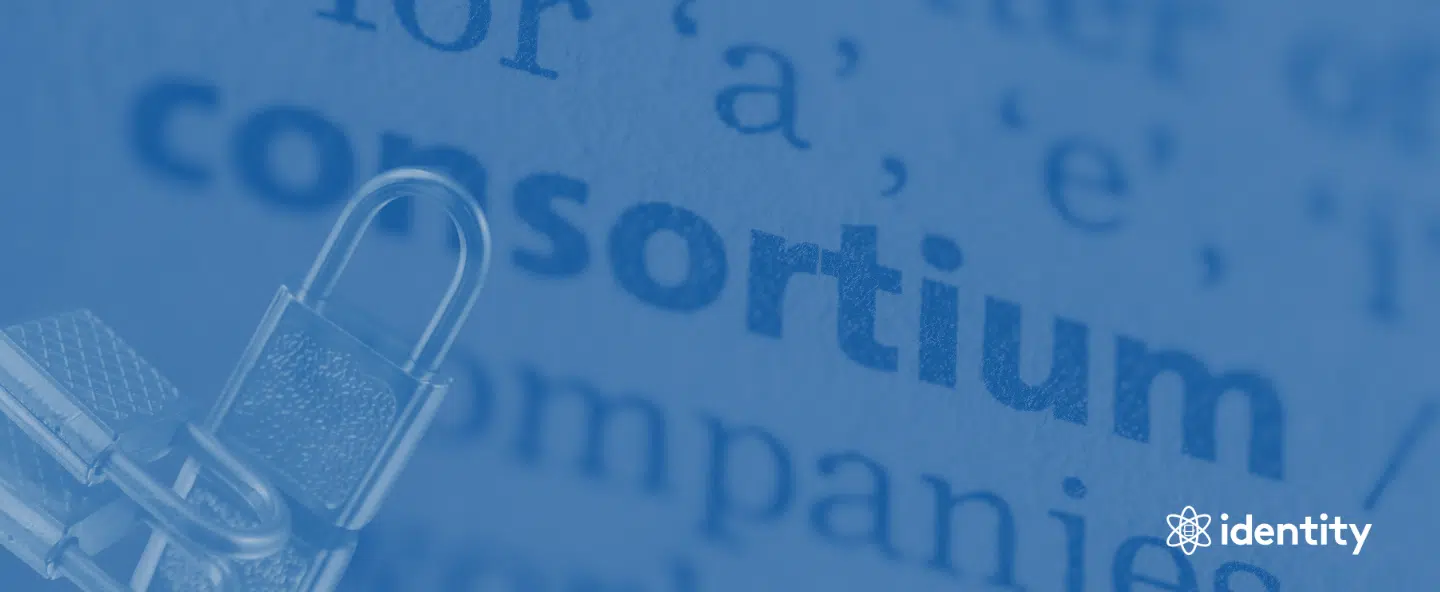
Key Takeaways: The Consortium of Privacy Regulators is unifying state-level enforcement, creating stricter and more consistent expectations for businesses handling
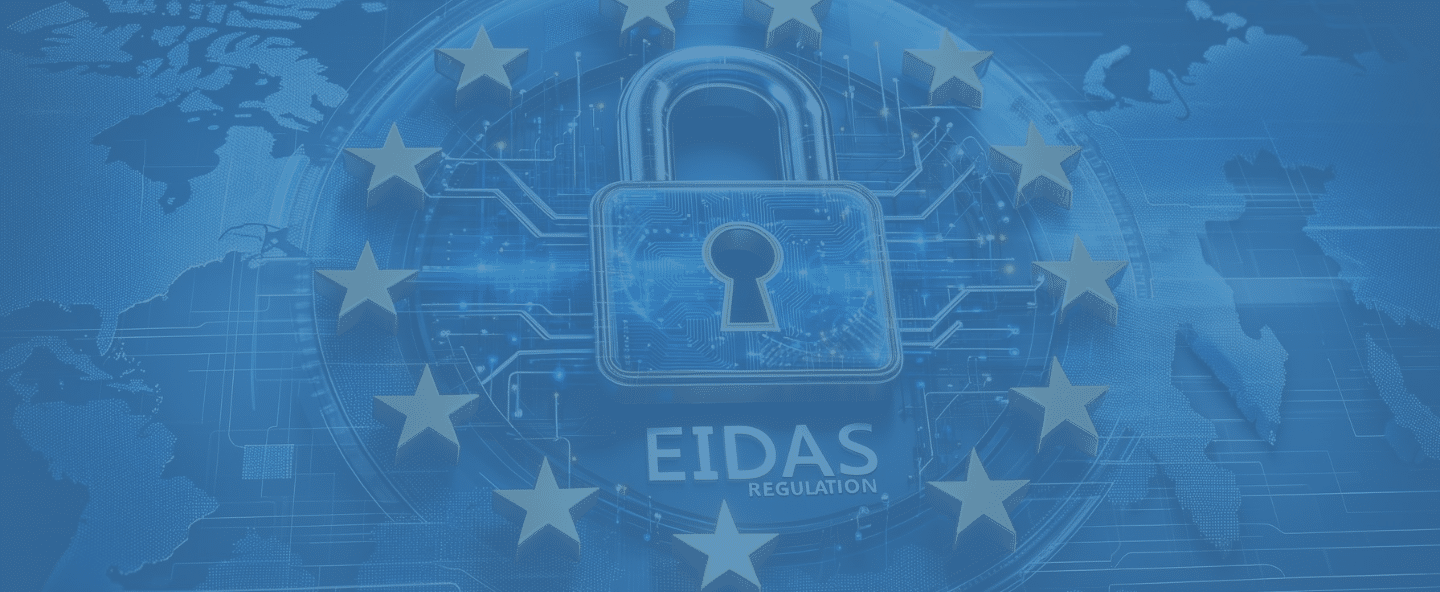
Before eIDAS, the EU’s digital landscape was quite fragmented. Each country had its own rules for online identification and digital

Key Takeaways: Customer Due Diligence (CDD) is the process in which financial institutions and businesses verify their customers’ identities and
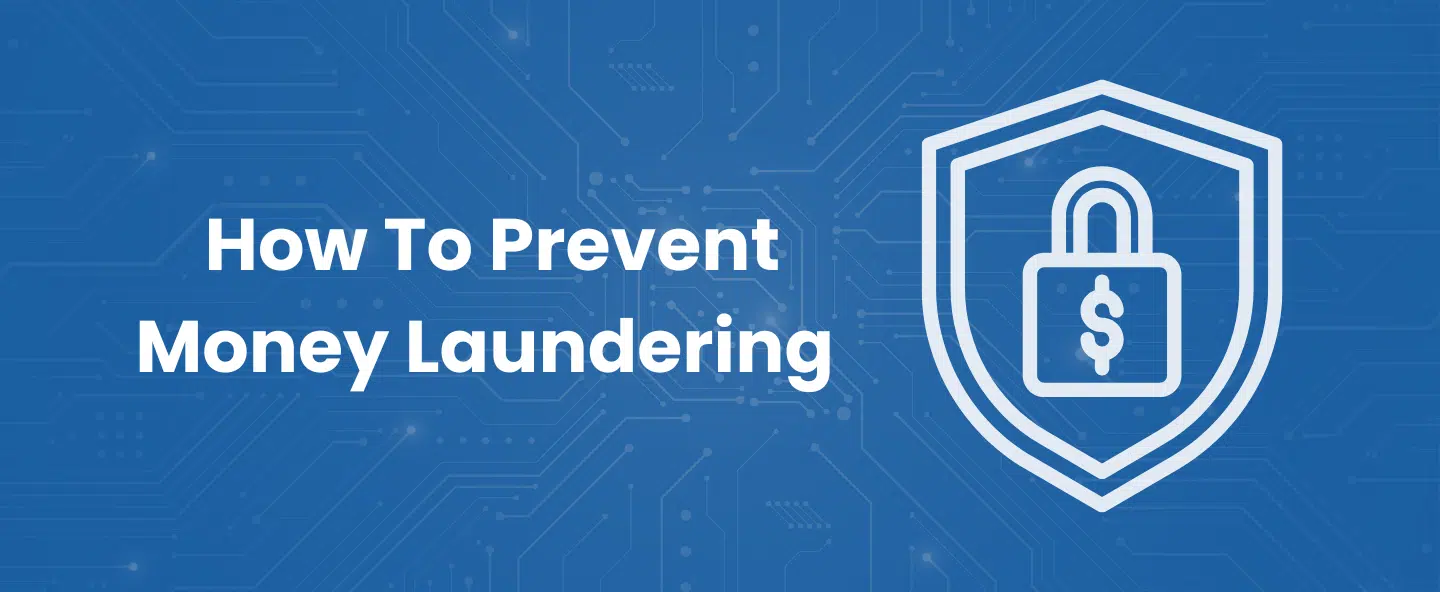
In our previous article, we already covered what money laundering is and why it remains a serious risk to global

Key Takeaways: The EU AI Act is the first comprehensive law designed to regulate AI technology across Europe. It aims to
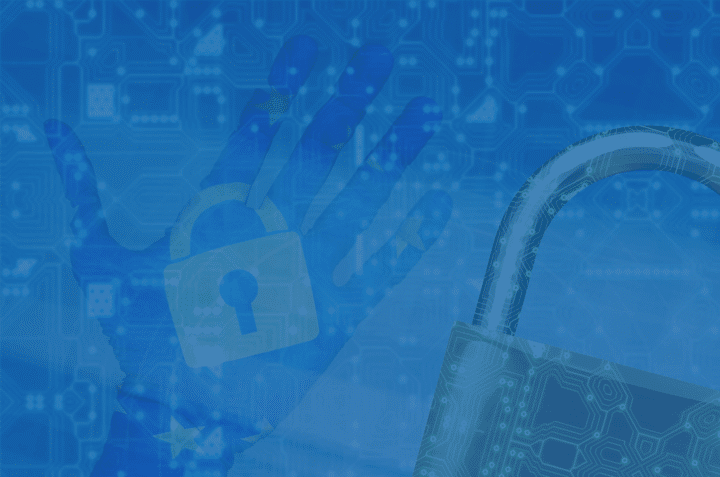
Key Takeaways: The California Privacy Rights Act (CPRA) expands on the existing CCPA, providing consumers with additional privacy protections and